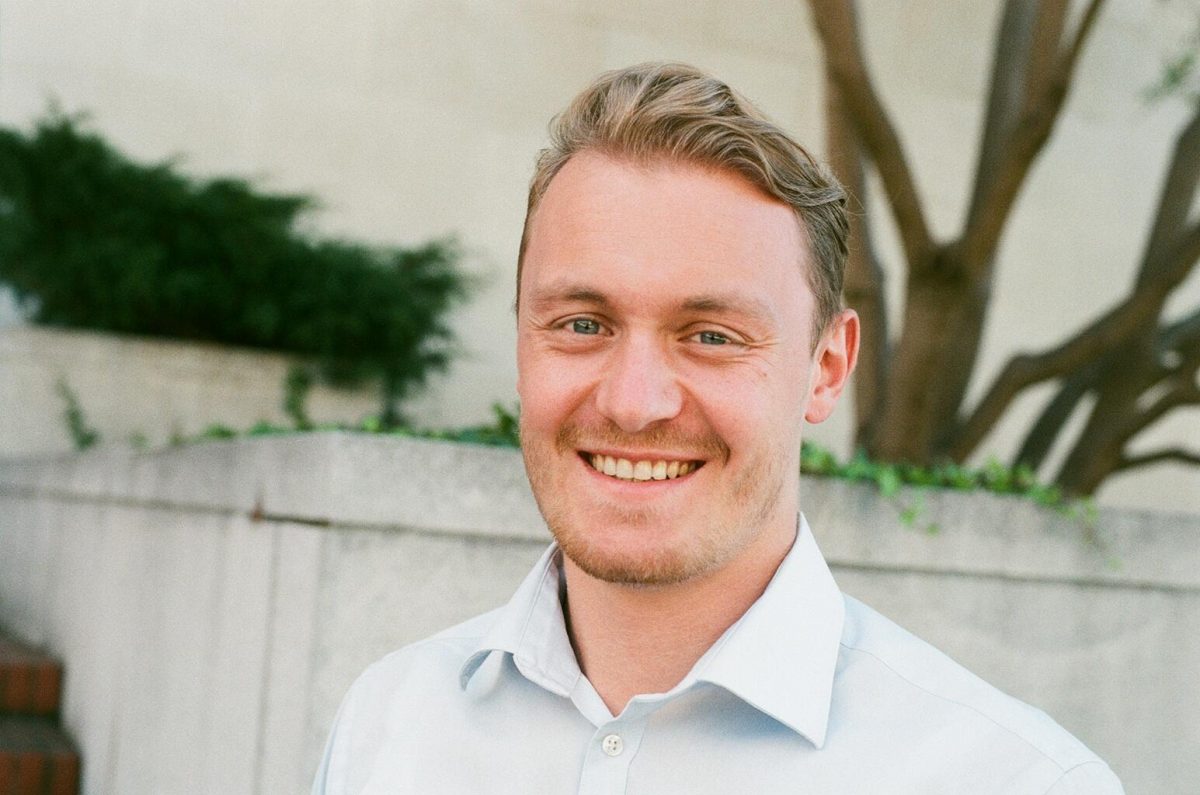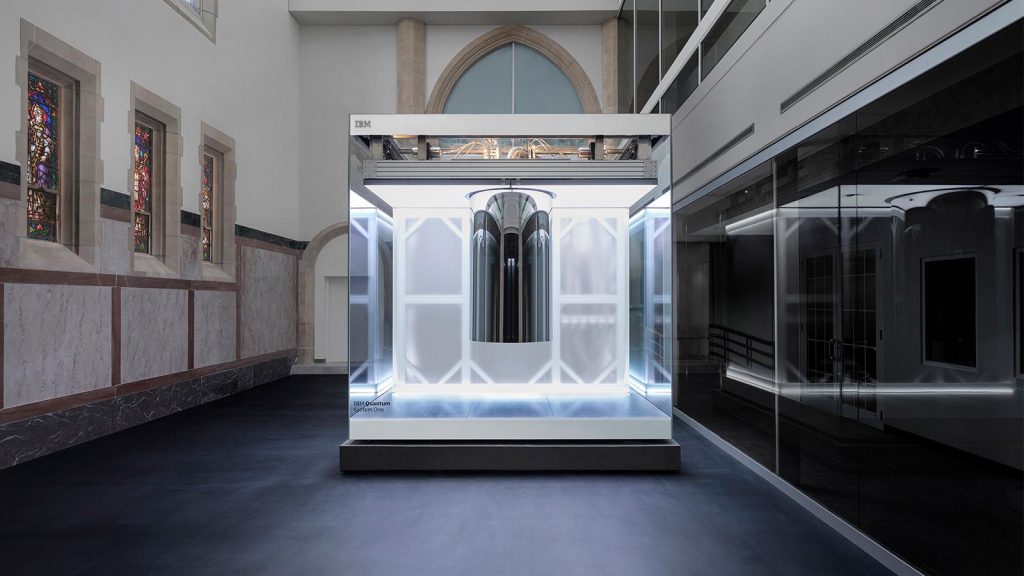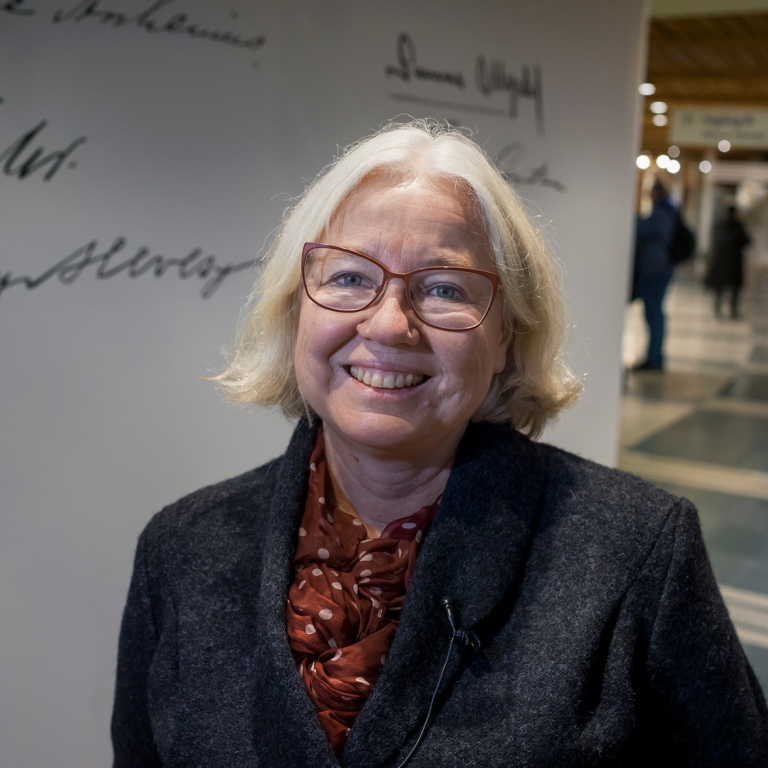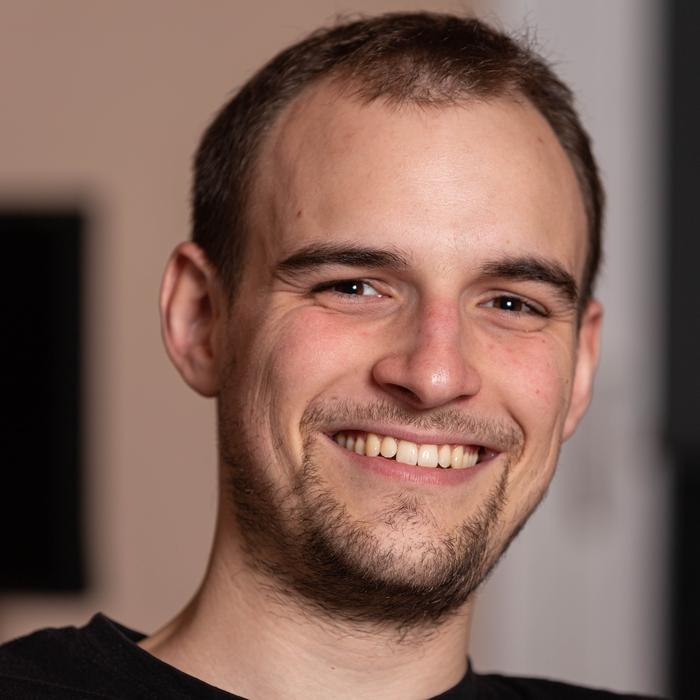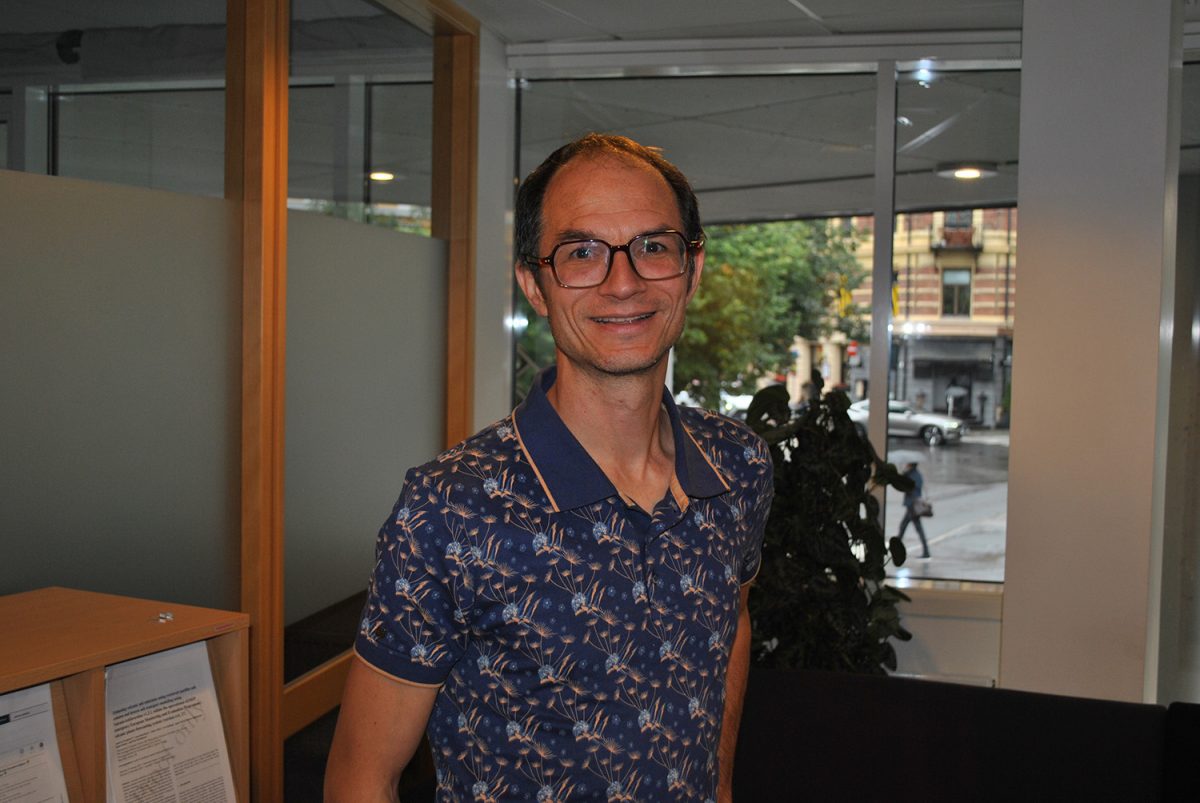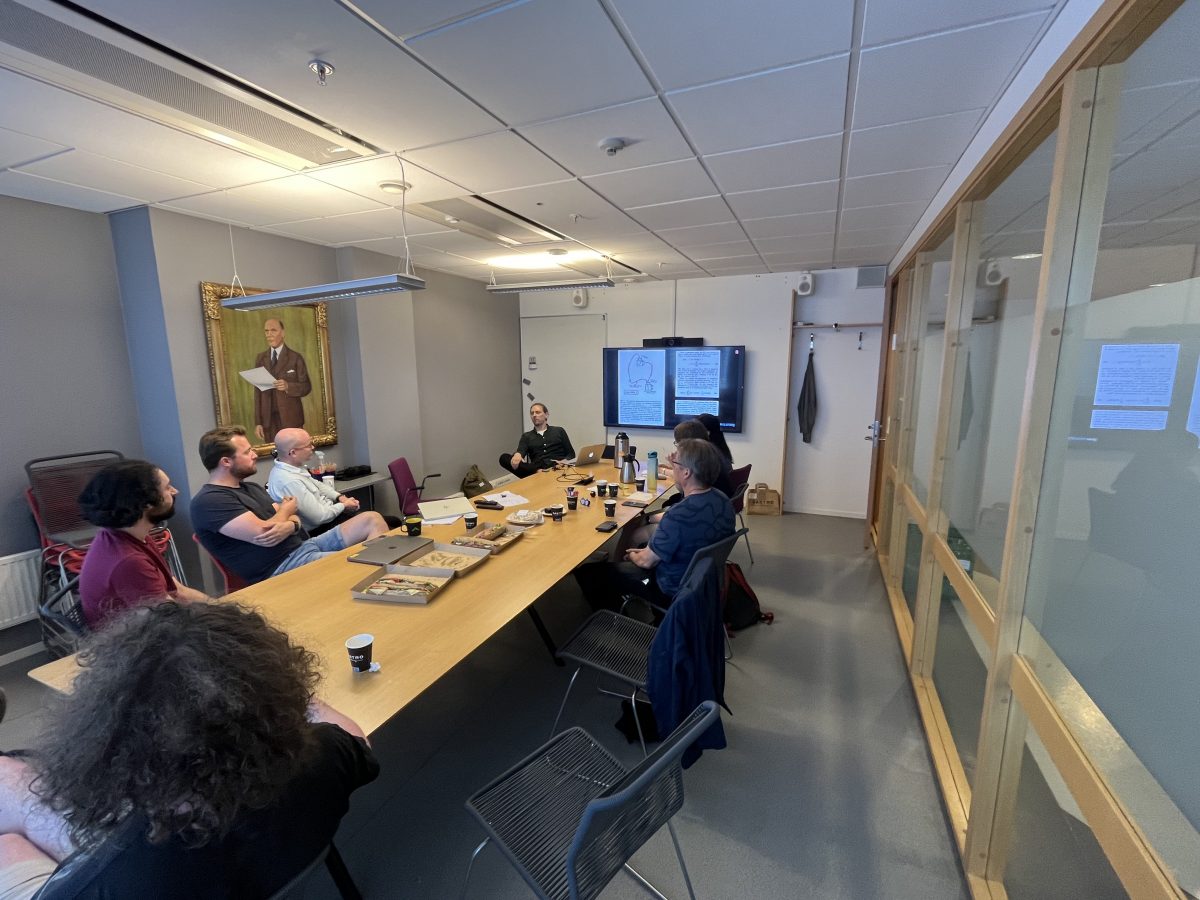Seminar: Thiago Carvalho Corso
It is a pleasure to invite you all to a MatMod / QHub / REGAL seminar by Thiago Carvalho Corso from the Institute of Applied Analysis and Numerical Simulation at the University of Stuttgart.
A rigorous formulation of density functional theory for spinless electrons in one dimension
Abstract: In this talk, we present a completely rigorous formulation of Kohn-Sham density functional theory for spinless electrons living in a one dimensional interval. More precisely, we consider Schrödinger operators of the form acting on
, where the external and interaction potentials v and w belong to a suitable class of distributions. In this setting, we obtain a complete characterization of the set of pure-state v-representable densities on the interval. Then, we prove a Hohenberg-Kohn theorem that applies to the class of distributional potentials studied here. Lastly, we establish the differentiability of the exchange-correlation functional and therefore the existence of a unique exchange-correlation potential. We then combine these results to provide a rigorous formulation of the Kohn-Sham scheme. In particular, these results show that the Kohn-Sham scheme is rigorously exact in this setting.
Time and Location
Tuesday May 27th, 13:00 – 14:00
Ellen Gleditschs hus (P35), room PI460
